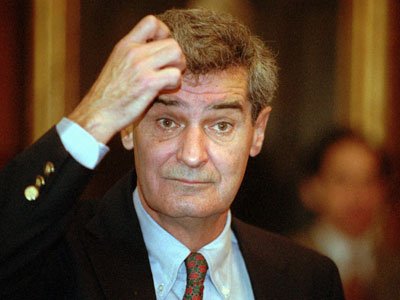
From the abstract:
This paper entertains two distinct hypotheses about the meaning and effect of the Lucas critique. The first is that the Lucas critique represents advancement in the theory of economic policy. To accept this interpretation, we will have to find evidence that the Lucas critique is empirically valid, ontologically rigorous, and theoretically sound. In search of such evidence, we will review the writings of economists both within and outside the profession’s mainstream that engage the Lucas critique on these criteria. The alternative hypothesis considered in this paper is that in denouncing the traditional theory of economic policy, Lucas sparked an ideational shift in how macroeconomists understand the meaning and value of policy. By considering macroeconomics as a moral science with a specific ontology, we can understand the philosophical implications of the Lucas critique. This paper entertains the idea that the Lucas critique altered the aspirations of economists and policymakers by undermining belief in the ability of economists to make meaningful interventions in the economy and therefore infusing implicit policy nihilism into macroeconomics.
Full paper here
